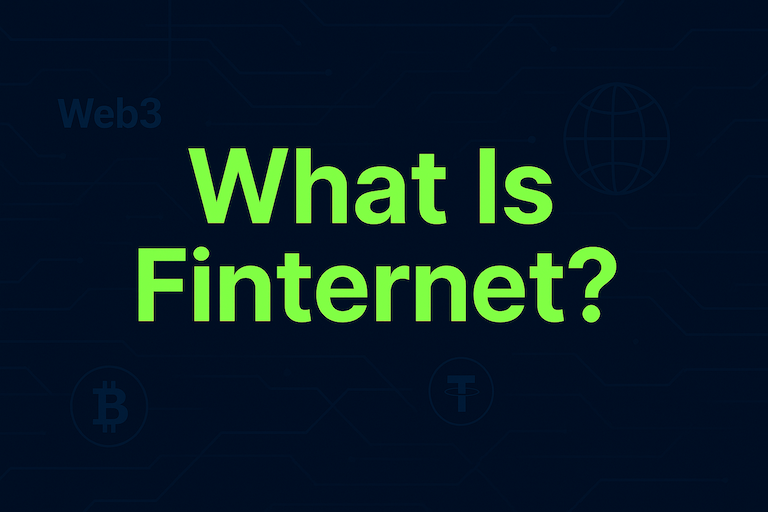What is the Potential Benefits of Artificial Intelligence in Healthcare
May 9, 2025
Artificial Intelligence (AI) is rapidly transforming healthcare systems worldwide, offering improvements in diagnosis, treatment, workflow efficiency, and personalized care. By leveraging machine learning, computer vision, and natural language processing, AI helps doctors and hospitals process vast amounts of medical data with greater speed and accuracy. This article explores the key benefits of AI in healthcare, highlighting how it can improve both patient outcomes and operational performance.
1. Faster and More Accurate Diagnoses
AI can analyze medical images, lab results, and patient histories faster than humans, detecting patterns that might be missed by even experienced professionals.
Benefits include:
Early detection of diseases such as cancer or diabetes
AI-assisted radiology and pathology image reading
Reducing diagnostic errors and missed conditions
Real-time alerts in emergency and ICU settings
Improved diagnostic access in remote or underserved areas
2. Personalized Treatment Plans
AI can help tailor treatment based on each patient’s genetics, lifestyle, and medical history. This approach is known as precision medicine.
Key applications:
Predicting which drugs will be most effective
Optimizing dosage and treatment length
Monitoring real-time response to therapies
Reducing adverse drug reactions
Supporting individualized cancer therapies
3. Operational Efficiency and Cost Reduction
Hospitals and clinics use AI to automate routine tasks and improve system efficiency.
Impact includes:
Automated scheduling, triage, and billing
Reducing administrative burdens on staff
Optimizing hospital bed and supply usage
Predictive analytics for patient flow management
Lowering unnecessary tests and hospital readmissions
4. Drug Discovery and Clinical Research
AI accelerates the development of new drugs and helps identify promising treatments earlier in the research process.
Use cases:
Screening molecular structures for efficacy
Predicting drug-target interactions
Identifying patients for clinical trials
Simulating biological responses to treatment
5. Enhanced Patient Engagement and Monitoring
With AI, remote care and continuous health monitoring become more scalable and proactive.
Features include:
Wearables with AI-driven alerts and analysis
Virtual health assistants or chatbots
Early detection of complications through vital sign monitoring
Personalized wellness coaching
Conclusion
AI in healthcare is not about replacing doctors—but empowering them with data-driven tools for better decisions, improved patient care, and system-wide efficiency. As regulation and ethics evolve, its role will only continue to grow.
Start your safe cryptocurrency journey now
Fast and secure deposits and withdrawals, OSL safeguards every transaction !


